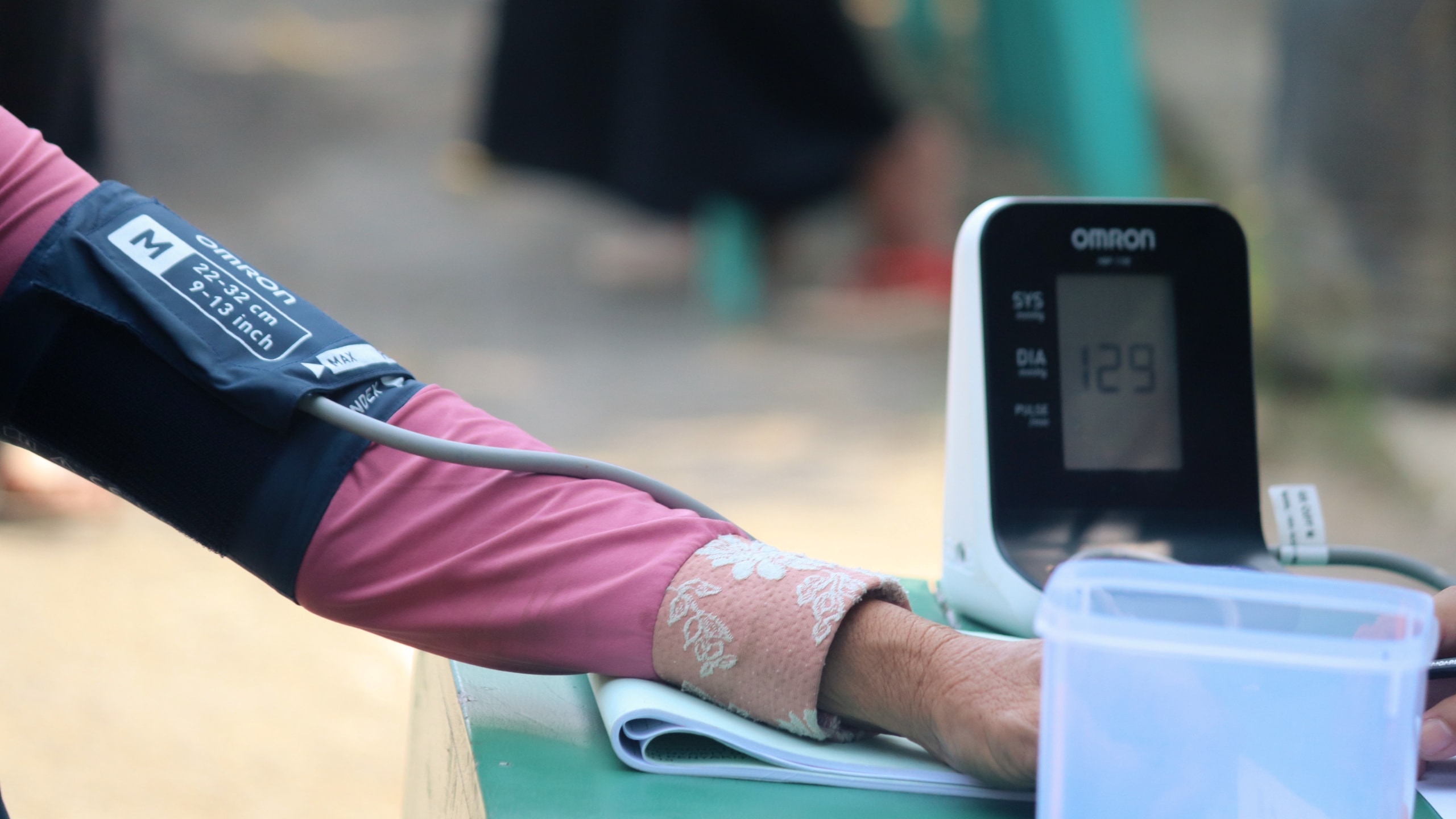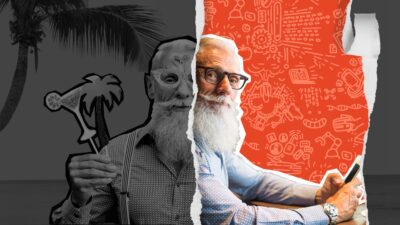Anya Johnson, Helena Nguyen and Sharon Parker

There is a SMART solution to worker burnout
A tale of two worksites: Jane and Yuen both work in residential aged care as Assistants in Nursing. It is hard work emotionally, as they comfort elderly residents who sometimes become distressed. Supporting elderly residents manage their daily needs is also physically demanding.
Jane and Yuen are both compassionate and strongly feel what they are doing is important. But at the end of each workday – they don’t feel the same.
Jane is struggling with her mental health. She feels exhausted and depressed and dreads the start of each shift. She has a list of tasks she has to get done, and she rushes through them so that her manager doesn’t write up the tasks she hasn’t completed, as these go to the next carer (who also has a list of tasks). Jane feels she doesn’t have the time or flexibility to listen or provide the extra support the residents need. She works alone and the other carers are just as busy and don’t have time to talk through how to manage the challenges. Jane leaves work everyday feeling she hasn’t done her best. She can’t see how this will change.
Yuen, on the other hand, works in a supportive team. She has the same tasks as Jane but she knows she can ask for help. Her manager checks in to see how things are going during the day and she can adjust what she is doing if a resident needs more time. Yuen really enjoys her time with the residents and having someone who works with her on some tasks means they can talk through the challenges and come up with new ideas for increasing the quality of care they provide to residents. At the end of the day Yuen feels tired but also satisfied that she has made a difference and also had some fun. She knows what she does is valued.
Same job, different working life
So why are Jane and Yuen experiencing the same work so differently – and why does it matter? This is at the heart of our research project Design for Care. We are investigating the way work in the healthcare and social assistance industry is managed, with a focus on promoting mentally healthy workplaces.
Our research so far has shown the enormous cost of poor mental health in the NSW healthcare and social assistance industry.
More than 170,000 working weeks (or 3,540 working years) were lost due to psychological injury from 2012 to 2021.
Healthcare workers with psychological injury claims take six times more time off work than workers with other types of injuries: the median duration for claims involving psychological injuries in NSW was 13.4 weeks, compared to 2.0 weeks for other injury claims.
Our recent comprehensive survey involving 1,300 workers has discovered that about 1 in 5 workers report feeling burnt out, and an alarming 1 in 2 are reporting high burnout when their work is poorly designed. However when the work is well designed this improves to 1 in 10 workers reporting high burnout.
SMART workplaces, the best of times
So what do we mean by work design and what is good work design? Using the SMART framework developed by Professor Sharon Parker at the Centre for Transformative Work Design at Curtin University, it is work that is Stimulating, and has some variety and opportunities to learn and use skills. Good work also enables Mastery, where it is clear how to work effectively and there is feedback to help achieve success. Agency is vital, or some control over how and when work is done. Work should be Relational, or embedded in effective and supportive relationships, with colleagues, supervisors and clients, residents or patients. Finally, good work has Tolerable demands. All work has demands, but these should not be more than can be managed in a work shift.
While we explored these five elements of effective work design, they don’t operate in isolation. Rather they are interlinked and all need to be present, to protect workers from poor mental health. In order to improve mental health outcomes in the healthcare and social assistance industry, leaders need to focus on improving work design rather than “fixing” the individual worker.
Redesigning work can be as simple as creating a small team to manage tasks that used to be isolated from each other, having team huddles to discuss what needs to be done, and hearing suggestions for how to do it more effectively. Workers often know how the work could be done better, but are prevented from acting by systems and processes that are inflexible. The challenge is for leaders to create opportunities for work to be a place where their staff can thrive. This can only be good news for the most vulnerable in society who depend on this care.
The project is funded by Insurance and Care (icare) NSW and led by Professor Sharon Parker at Curtin University’s Centre for Transformative Work Design, along with Associate Professors Anya Johnson & Helena Nguyen at the University of Sydney, and Professor Alex Collie at Monash University.
Image: Mufid Majnun
Anya is a Professor and Head of the Discipline of Work and Organisational Studies and Co-Director of the Body, Heart and Mind in Business Research Group at the University of Sydney Business School. Her research mainly investigates how employees regulate their emotions and cognitions in the workplace, and the relationship between the design of jobs and teams and outcomes such as engagement, well-being, and performance.
Helena is a Professor in Work and Organisational Studies and Co-Director of the Body, Heart and Mind in Business Research Group at the University of Sydney Business School. Her research is multidisciplinary and her interests include the role of emotions and cognition at work, human performance, work engagement, and well-being.
Sharon is an Australian Research Council Laureate Fellow, a John Curtin Distinguished Professor and the Director of the Centre for Transformative Work Design at Curtin University, and an Honorary Professor at the University of Sheffield. She is a recipient of the Australian Research Council’s Kathleen Fitzpatrick Award, and the 2016 Academy of Management OB Division Mentoring Award.
Share
We believe in open and honest access to knowledge. We use a Creative Commons Attribution NoDerivatives licence for our articles and podcasts, so you can republish them for free, online or in print.







